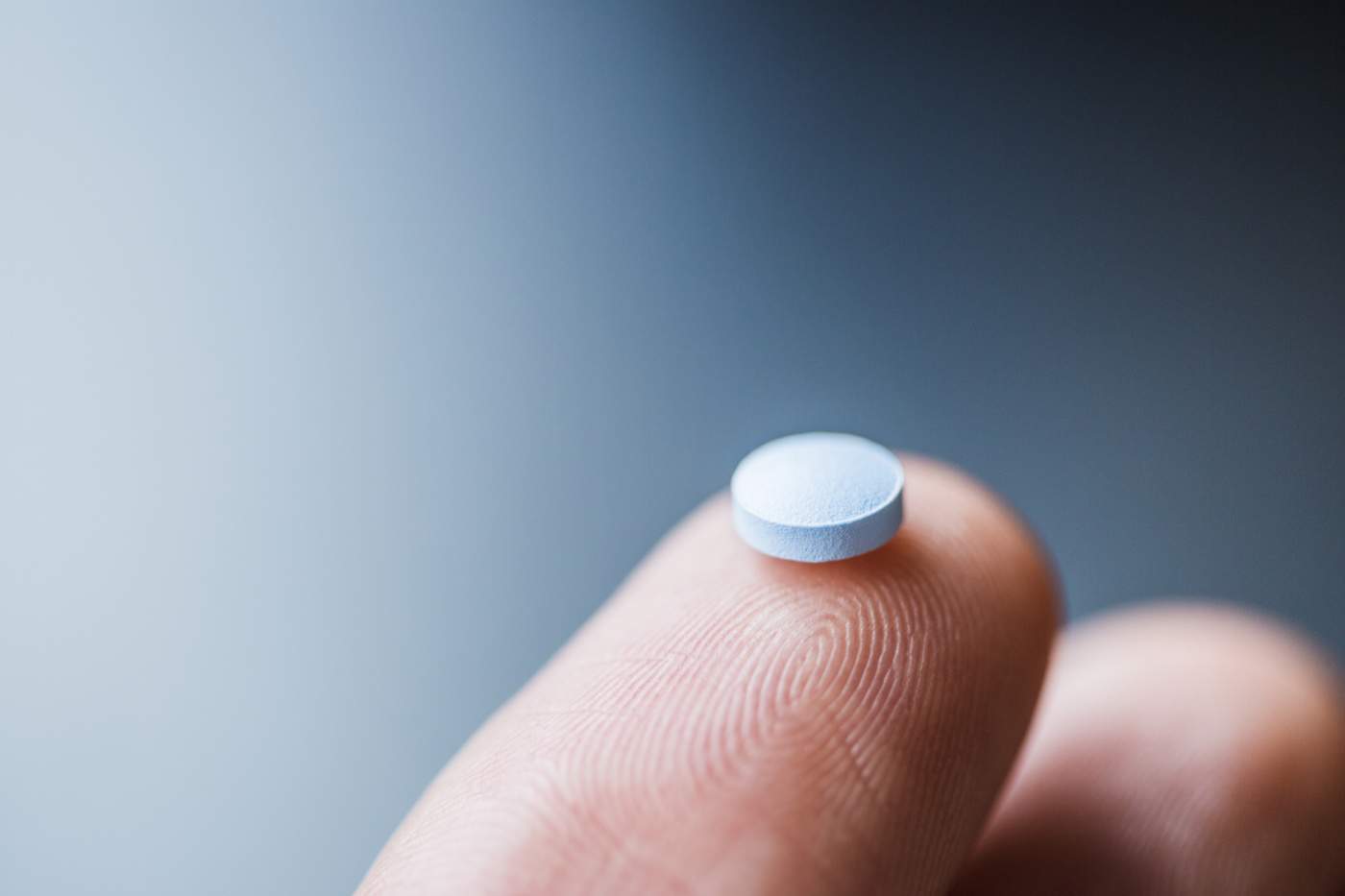Your morning weight is usually your true weight, as it reflects your body after fasting overnight and before eating, drinking, or exercising.
Why it works: Weighing yourself in the morning gives the most accurate reading because it’s when your body is least affected by food, fluids, or daily fluctuations.
Morning weighing for your true weight
Overnight, your body burns energy and loses water through breathing and sweating, so your morning weight reflects your baseline.
Action step: Step on the scale first thing in the morning, after using the bathroom, and before eating or drinking. Do it daily or weekly at the same time for consistency.
Hydration and your morning weight
Drinking water or fluids before stepping on the scale adds temporary weight, which isn’t body fat. Your morning number shows your dehydrated baseline.
Action step: Track your morning weight before your first drink of the day to stay consistent.
9 Steps To Shed 5-10kg In 6 Weeks
Includes an exercise plan, nutrition plan, and 20+ tips and tricks.
Download FreeFood intake and true body weight
Eating later in the day adds food weight and sodium, which can cause water retention. This changes your reading but not your actual fat levels.
Action step: Compare morning readings over weeks to see real fat changes, not daily ups and downs from meals.
Exercise and scale changes
Intense exercise can make your evening weight lower or higher due to fluid loss or muscle pump. Morning readings skip these short-term effects.
Action step: Always measure before training sessions for accuracy.
When your morning weight might not be true
Poor sleep, alcohol, or high salt intake can make you hold extra water even in the morning. This can temporarily lift your scale number.
Action step: Track for 7–10 days and average your results for a true baseline number.
FAQ: Morning Weight and Accuracy
What time should I weigh myself for true weight?
Weigh yourself right after waking up, after using the toilet, before breakfast, and with no clothes for the most accurate reading.
Why is my weight higher in the evening than morning?
Food, water, and salt intake during the day add temporary weight. Morning weight is your true baseline after digestion.
Should I weigh myself daily or weekly?
Daily tracking shows trends, while weekly weighing helps avoid overreacting to normal water changes.
Does drinking water at night change morning weight?
Yes, slightly. Extra fluids overnight may add 0.2–0.5 kg, but it’s water, not fat gain.
Why does my morning weight change every day?
Small daily fluctuations come from changes in water, salt, and carbs. Look at your 7-day average, not single readings.
Is morning weight lower because of dehydration?
Yes. You lose water while sleeping, so your morning weight is a dehydrated baseline, not your full hydrated weight.
How does sleep affect my true weight?
Good sleep balances hormones and reduces cortisol, which can lower water retention and improve accuracy on the scale.
What’s a healthy range for morning weight change?
A 0.3–1 kg range from day to day is normal. Larger jumps often mean water or food-related changes, not fat gain.
Should I weigh before or after exercise?
Before. Exercise causes short-term water loss or gain, which can make scale readings unreliable as fat measures.
Next step
Start tracking your morning weight for 7 days, under the same conditions each time, to find your true weight trend and see how your body really changes over time.

